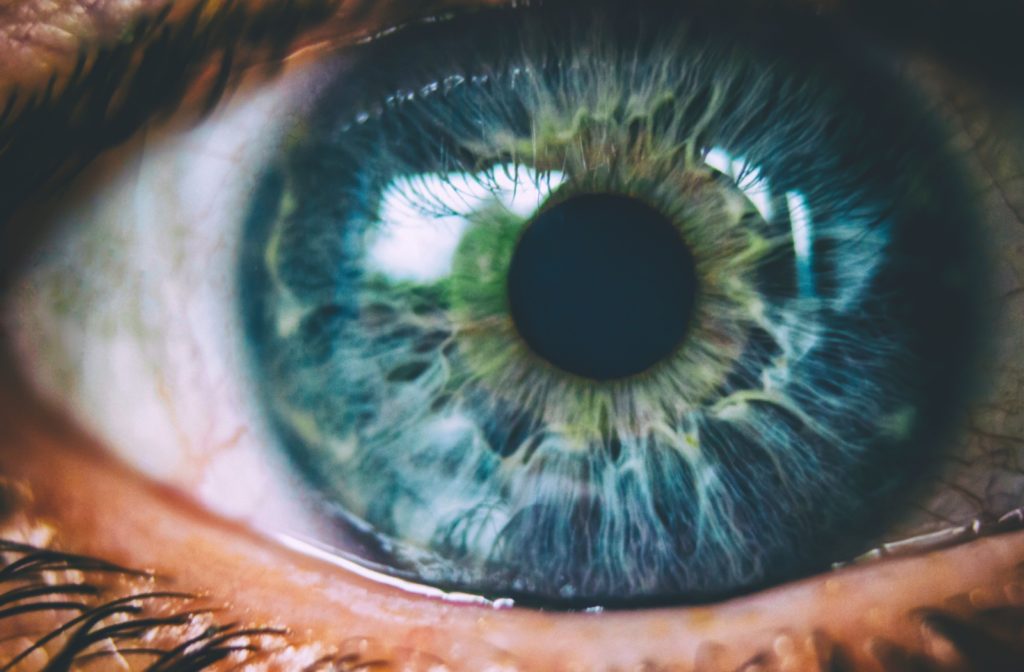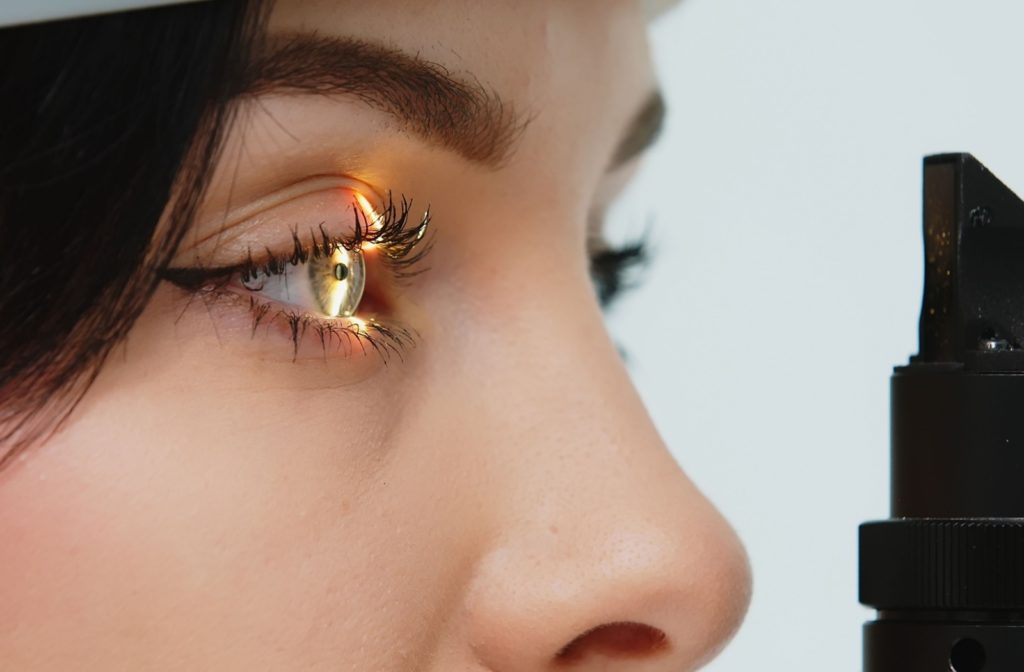The retina plays a critical role in ensuring clear vision, projecting images and sending signals to the brain that allow us to see the world around us. However, when this vital part of the eye becomes damaged, it can lead to vision problems that significantly impact our eye health. But one common question emerges—can a damaged retina repair itself?
The retina does not fully heal or regenerate itself when significantly damaged. In this blog post, we’ll explore the healing potential of the retina, what vision care is available, and how optometrists can help maintain long-term eye health before it turns into an emergency.
What is the Retina?
The retina is a thin layer of tissue located at the back of the eye. It contains millions of light-sensitive cells (rods and cones) and plays a core role in processing light into electrical signals. These signals are transmitted to the brain via the optic nerve, allowing us to interpret images.
Retinal damage can occur due to various causes, including:
- Retinal detachment
- Macular degeneration (usually age-related)
- Diabetic retinopathy
- Eye injuries
- Tears caused by high myopia
Damage to the retina is often associated with symptoms such as blurred or distorted vision, loss of central or peripheral vision, and sensitivity to light.
Can the Retina Self-Heal?
Unlike some parts of the human body, the retina does not fully heal or regenerate itself when significantly damaged. This is because retinal neurons (like many parts of the central nervous system) lack the capacity to regenerate naturally.
However, there are ways to preserve vision and even repair some retinal conditions using treatments, technology, and proactive care. Understanding the factors that impact retinal health is key to determining next steps after damage occurs.
Treatments for Retinal Damage
While the retina cannot regenerate on its own, modern advances in optometry and ophthalmology allow it to manage damage and improve quality of life. Depending on the type and severity of the damage, treatments include:
1. Retinal Surgery
For conditions like retinal detachment, surgery is often the first course of action. Techniques like scleral buckling, vitrectomy, or pneumatic retinopexy are used to reattach the retina and restore partial or full vision.
2. Laser Therapy
Laser therapy is commonly used for conditions like diabetic retinopathy or macular tears. Lasers seal ruptured blood vessels or repair small retinal tears to prevent further damage.
3. Medications and Eye Drops
Certain retinal conditions, such as macular degeneration, can benefit from treatments such as anti-vascular endothelial growth factor (anti-VEGF) injections. These help slow the progression of vision loss. Specific eye drops and medications may also promote ocular health.
4. Supplements and Diet
While not a “repair,” supporting retinal health through a balanced diet rich in antioxidants, vitamins A, C, and E, and omega-3 fatty acids can prevent further deterioration caused by age or oxidative stress.
5. Low Vision Aids
For irreversible damage, low vision aids such as magnifiers, special lenses, and assistive devices help individuals adapt and maintain their quality of life.
Preventive Care for Retina Health
Prevention plays a central role in safeguarding vision. Regular eye exams and prompt management of underlying conditions like diabetes or high blood pressure are essential for retinal health. Here are some tips to maintain vision health:
Get Regular Eye Exams
Early screening can help detect potential problems before they worsen. Schedule yearly exams, or more frequently if you’re at higher risk.
Wear Protective Eyewear
Avoid injuries by wearing safety goggles during activities that could lead to eye trauma.
Manage Health Conditions
Conditions like diabetes and hypertension can significantly impact retinal health. Managing them with proper care is crucial.
Protect Against UV Rays
Wear sunglasses with UV protection to shield your retina from harmful sun damage.
Optometrists can provide personalized recommendations for preventive eye care.

Why Early Diagnosis is Crucial
Diagnosing and addressing retina conditions early dramatically improves outcomes. Advanced imaging technologies like optical coherence tomography (OCT) allow optometrists to detect subtle changes in the retina that may not be noticeable through symptoms alone. These comprehensive evaluations are particularly effective in identifying issues like diabetic retinopathy, macular degeneration, or retinal tears.
Partnering with a Vision Expert
Navigating retinal challenges can feel overwhelming, but you’re not alone. By teaming with vision care professionals, you can take charge of your eye health and explore the best treatment options.
At Total Vision Golden Hills in San Jose, our experienced optometrists are dedicated to helping you maintain optimal retina and vision health. From advanced diagnostic tools to preventive care strategies, we are here to support you. Explore the full range of services we offer, including comprehensive eye exams and eye disease management.
Take the Next Step Toward Vision Preservation
While the retina cannot repair itself, early intervention, ongoing care, and expert guidance ensure the best possible outcomes for your eyes. Don’t wait until symptoms worsen—schedule an eye exam with Total Vision Golden Hills today to prioritize your vision health.
Book Your Appointment Here or call us to speak to our friendly team in San Jose, CA.
Protecting your vision starts now. We’re here to help safeguard your retina and your future. Reach out today!



